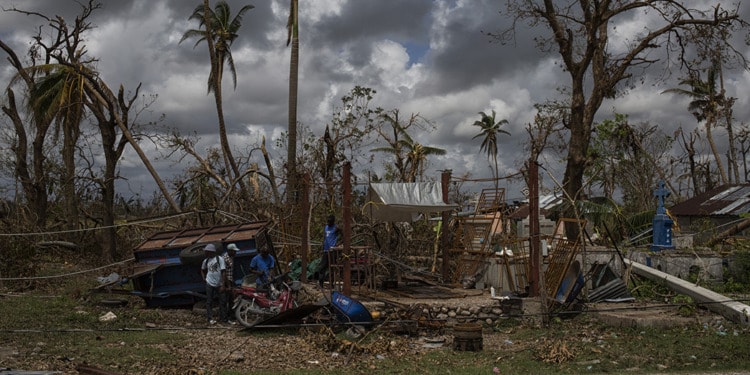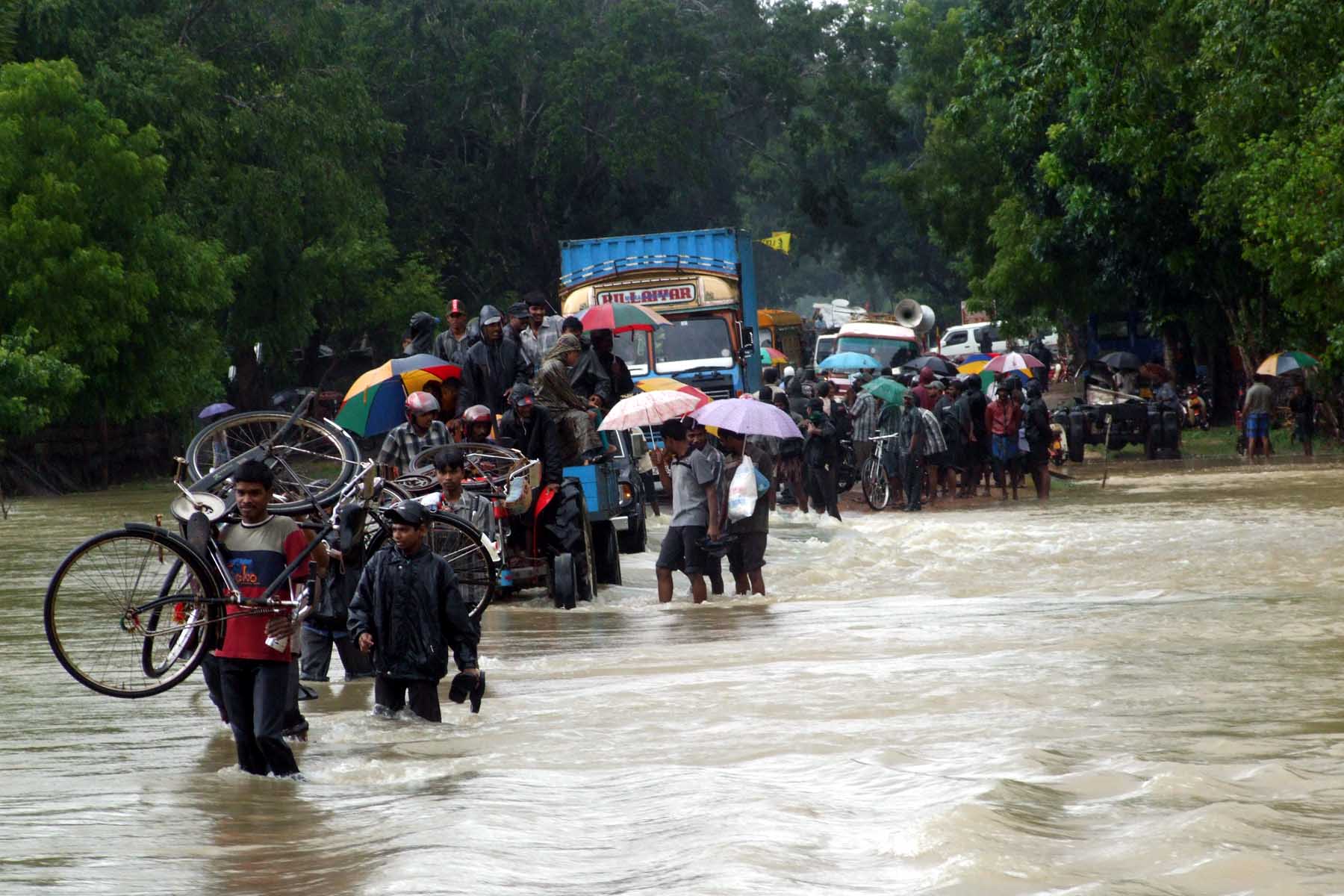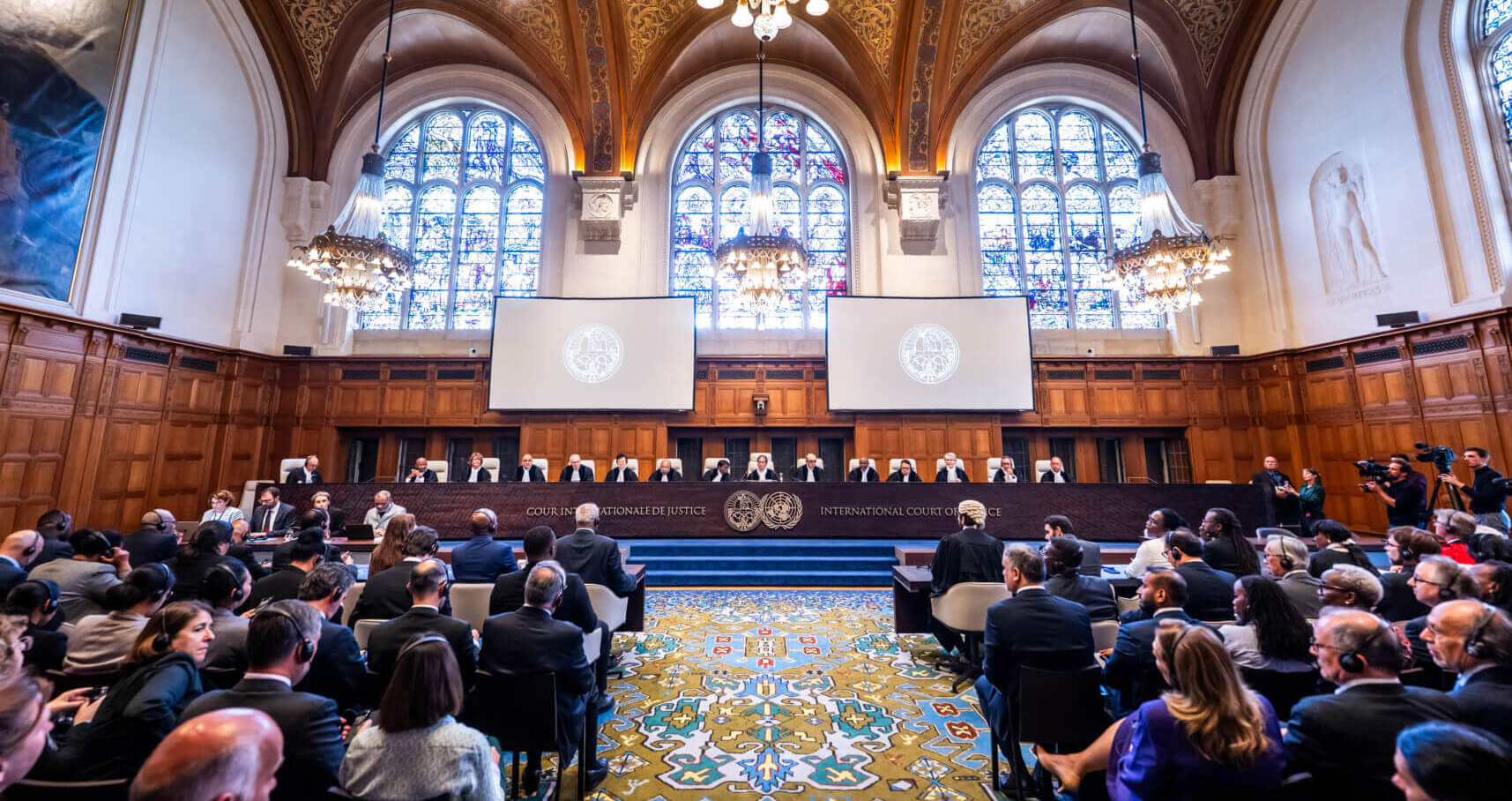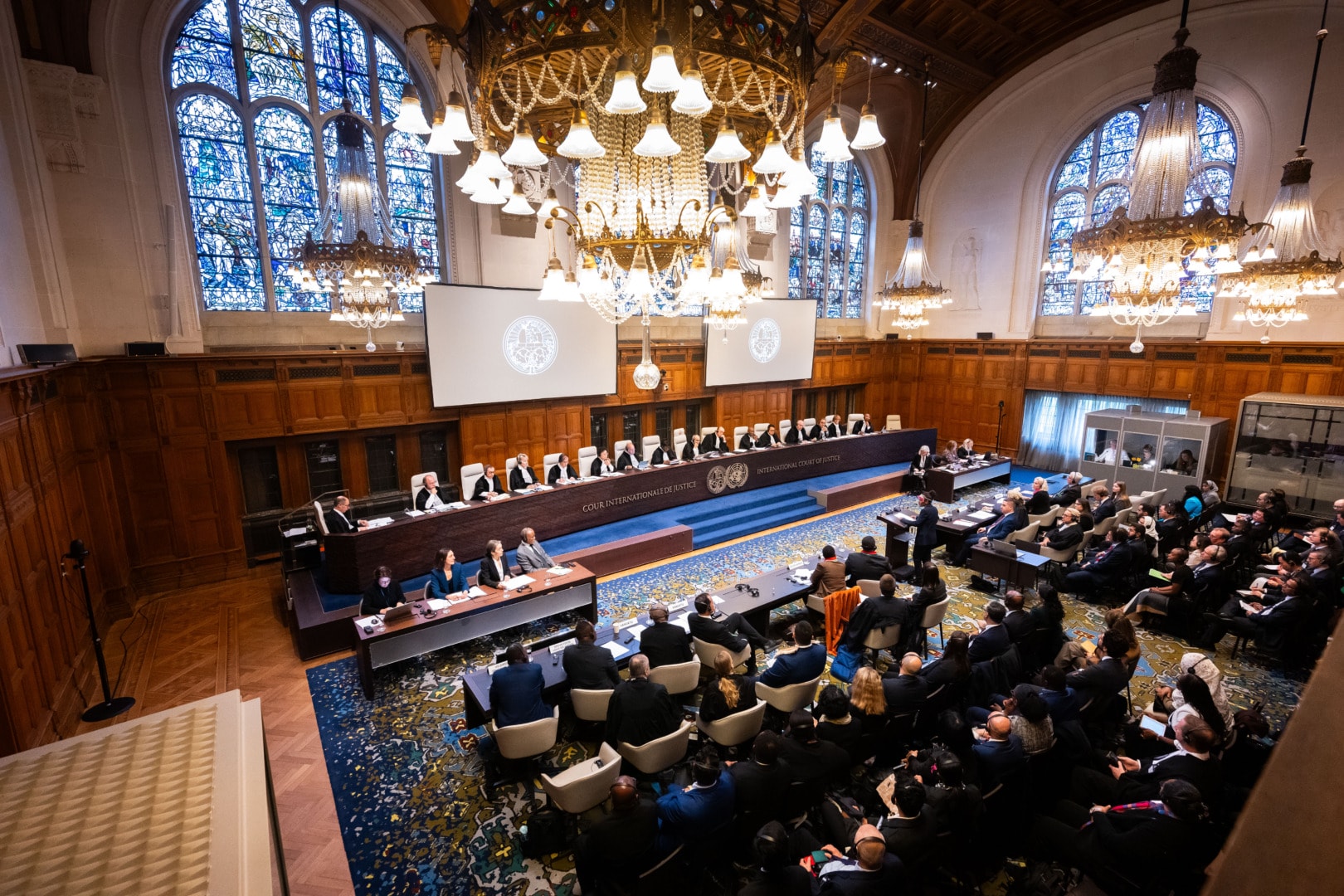The ongoing advisory proceedings before the International Court of Justice (ICJ) on the obligations of States in respect of climate change represent a watershed moment in the global struggle for climate justice. As we stand at this critical juncture between the proceedings’ written and oral phases, it is worth reflecting on the journey that has brought us here and the potential implications of this unprecedented legal process.
The path to these proceedings is a testament to the power of grassroots activism and the tenacity of small island nations in the face of existential threats. What began as a student-led initiative in Vanuatu has culminated in one of the most significant legal endeavors in the history of climate action. The adoption of UN General Assembly (UNGA) Resolution 77/276 on 29 March 2023, requesting the advisory opinion, was a landmark moment. The resolution’s adoption by consensus among all 193 UN Member States underscores the global recognition of the urgent need for legal clarity on States’ responsibility for climate harms.
The level of engagement in these proceedings has been nothing short of extraordinary. According to the ICJ’s recent press release, 91 written statements were filed in the initial phase – the highest number ever in advisory proceedings before the Court. This was followed by 62 written comments, submitted by 15 August 2024, representing a diverse array of States and international organizations. Participation extends far beyond traditional State actors. Numerous non-governmental organizations (NGOs), including youth groups, have made submissions, calling on the Court to consider their perspectives. This unprecedented level of involvement speaks to the far-reaching implications of climate change and the collective desire to address it in accordance with established legal norms and principles of justice.
The ICJ has been tasked with answering two fundamental questions. First, what are the obligations of States under international law to ensure the protection of the climate system and other parts of the environment from anthropogenic emissions of greenhouse gases (GHGs) for States and for present and future generations? Second, what are the legal consequences under these obligations for States where they, by their acts and omissions, have caused significant harm to the climate system and other parts of the environment? These questions are framed within the context of a wide range of sources, including the UN Charter, human rights covenants, environmental treaties, and customary international law. This comprehensive approach allows the Court to consider the full spectrum of international law in formulating its opinion.
The advisory opinion, once rendered, has the potential to reshape the landscape of international climate action in several ways. Alongside other opinions, it will provide authoritative guidance on the nature and scope of States’ obligations regarding climate change under international law. This guidance will serve as a non-negotiable threshold for equitable and effective climate action that respects, amongst other norms, the right of peoples to self-determination. Moreover, addressing obligations towards present and future generations allows the Court to break new ground in explicitly recognizing the rights of future generations in international law. Most important, however, is the question on legal consequences for States that have caused significant harm to the climate system. The Court’s answer to this question could pave the way for reparation for climate damages and enhance accountability.
The stakes remain high as we collectively prepare for the public hearings scheduled to begin on 2 December 2024. The oral proceedings will provide an opportunity for States and organizations to further elaborate on their written submissions and respond to questions from the Court. It will enable those experiencing climate losses first-hand to address the Court directly. The advisory opinion, once rendered, will carry significant moral and legal weight. It has the potential to influence national policies, shape international negotiations, and provide a foundation for future climate litigation at both domestic and international levels.
Related Articles: Can International Law Provide Reparation for Climate Change Damage? | “Bad Day for EU Parliament”: Three Key Climate Laws Rejected | EU Nature Restoration Law: A Turning Point for Biodiversity | Nature Restoration Law Triumphs in Dramatic EU Parliament Vote | Sustainability News: EU Council Reaches Agreement on Nature Restoration Law
Despite the overwhelming support for these proceedings, challenges remain. The Court must navigate complex scientific, legal, and political terrain to provide an opinion that is both legally sound and practically impactful. These challenges also present opportunities. The ICJ’s engagement with climate science could set a precedent for how international courts handle complex scientific evidence. The Court’s interpretation of various international legal instruments in the context of climate change could lead to a more integrated approach to global environmental governance. Signalling that well-established fundamental rights prevail over short-term interests will ultimately ensure the opinion’s enduring relevance and its capacity to inspire transformative action.
As Ralph Regenvanu, Vanuatu’s Minister of Climate Change, remarked, “[t]he true measure of success will be whether this process amplifies the voices of the most vulnerable and translates legal clarity into tangible action for climate justice.” These proceedings represent more than just a legal exercise. They embody the hopes and demands of communities on the frontlines of climate change. They challenge the international legal system to rise to the occasion and provide a framework for addressing what the UNGA has called “an unprecedented challenge of civilizational proportions”.
As we move forward, it is crucial that the voices of the most vulnerable continue to be heard and that the eventual opinion is sufficiently robust to serve as a catalyst for rights-based climate action, including redress for victims. The ICJ advisory proceedings on climate change are not the end of the journey towards climate justice, but they may well be the beginning of a new era in global climate governance. The international community now stands at a crossroads, with the opportunity to redefine our approach to climate change through the lens of international law. The outcome of these proceedings could shape the future of our planet and the lives of generations to come.
* * *
This article was authored by Margaretha Wewerinke-Singh, Associate Professor of Sustainability Law at the Faculty of Law of the University of Amsterdam and an Adjunct Professor of Law at Justice Devendra Pathik School of Law, University of Fiji. It was originally published by the International Institute for Sustainable Development (IISD) and is republished here as part of an editorial collaboration with the IISD.
Editor’s Note: The opinions expressed here by the authors are their own, not those of Impakter.com — Cover Photo Credit: UN Photo/Logan Abassi.














